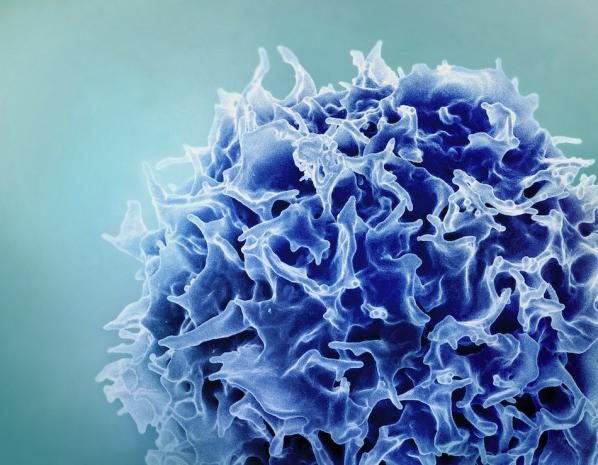
Breaking News
 What I Wish I Knew Before Keeping Chickens
What I Wish I Knew Before Keeping Chickens
 Michael Oliver Bombshell: Silver's "Rebirth" After Smackdown - $500 Silver by Summer,
Michael Oliver Bombshell: Silver's "Rebirth" After Smackdown - $500 Silver by Summer,
 Jeffrey Epstein's Account "littlestjeff1" Is Still Playing Fortnite Today in Israel
Jeffrey Epstein's Account "littlestjeff1" Is Still Playing Fortnite Today in Israel
 Don't Drink Plain Water Again After 60 - THIS #1 Trick Boosts Blood Flow Instantly | Senior Hea
Don't Drink Plain Water Again After 60 - THIS #1 Trick Boosts Blood Flow Instantly | Senior Hea
Top Tech News
 How underwater 3D printing could soon transform maritime construction
How underwater 3D printing could soon transform maritime construction
 Smart soldering iron packs a camera to show you what you're doing
Smart soldering iron packs a camera to show you what you're doing
 Look, no hands: Flying umbrella follows user through the rain
Look, no hands: Flying umbrella follows user through the rain
 Critical Linux Warning: 800,000 Devices Are EXPOSED
Critical Linux Warning: 800,000 Devices Are EXPOSED
 'Brave New World': IVF Company's Eugenics Tool Lets Couples Pick 'Best' Baby, Di
'Brave New World': IVF Company's Eugenics Tool Lets Couples Pick 'Best' Baby, Di
 The smartphone just fired a warning shot at the camera industry.
The smartphone just fired a warning shot at the camera industry.
 A revolutionary breakthrough in dental science is changing how we fight tooth decay
A revolutionary breakthrough in dental science is changing how we fight tooth decay
 Docan Energy "Panda": 32kWh for $2,530!
Docan Energy "Panda": 32kWh for $2,530!
 Rugged phone with multi-day battery life doubles as a 1080p projector
Rugged phone with multi-day battery life doubles as a 1080p projector
 4 Sisters Invent Electric Tractor with Mom and Dad and it's Selling in 5 Countries
4 Sisters Invent Electric Tractor with Mom and Dad and it's Selling in 5 Countries
Giving T cells extra batteries supercharges them against cancer

In a fair fight, the immune system would wipe out cancer every time – but this crafty disease doesn't play fair. Along with its many tricks to avoid detection, tumors build microenvironments around themselves that are toxic to immune cells, draining them of energy. Sustained immune responses against a pathogen like cancer can lead to T cell exhaustion.
Finding ways to supercharge the immune system to continue the fight is the main goal of immunotherapy. Now, a team from Brigham and Women's Hospital has demonstrated a new way to refresh T cells, by essentially replacing their batteries.
Mitochondria are organelles that produce chemical energy for cells, but during T cell exhaustion these little batteries can be lost or damaged. Previous studies have shown that cancer cells can use nanotubes like "tiny tentacles" to slurp up mitochondria from immune cells. For the new study, the researchers found that they could use the same mechanism to do the opposite – donate new mitochondria to T cells, from bone marrow stromal cells (BMSCs).
The team cultured BMSCs and T cells together, and after 48 hours found that up to a quarter of the T cells had gained extra mitochondria. The researchers dubbed these juiced up immune cells Mito+.
In tests in mice, Mito+ cells were found to more easily penetrate tumors and launch a more robust attack on them. Tumors shrank drastically, and 75% of treated mice survived the full 60-day study period. In contrast, control mice saw their tumors continue to grow, and all had died by the 20-day mark.
Intriguingly, Mito+ cells could multiply quickly and pass their extra mitochondria to the new cells. Other immune cells, such as lymphocytes and CAR-Ts, also showed improved cancer-killing abilities after receiving extra mitochondria.
"These supercharged T cells overcome one of the fundamental barriers of immunotherapy by penetrating the tumor and overcoming immune barren state in the tumor," said Shiladitya Sengupta, corresponding author of the study. "Mitochondria provide the fuel. It's like we're taking T cells to the fuel station and gassing them up. This transplanting of mitochondria is the dawn of organellar therapy – where an organelle is delivered to a cell to make it more effective."



